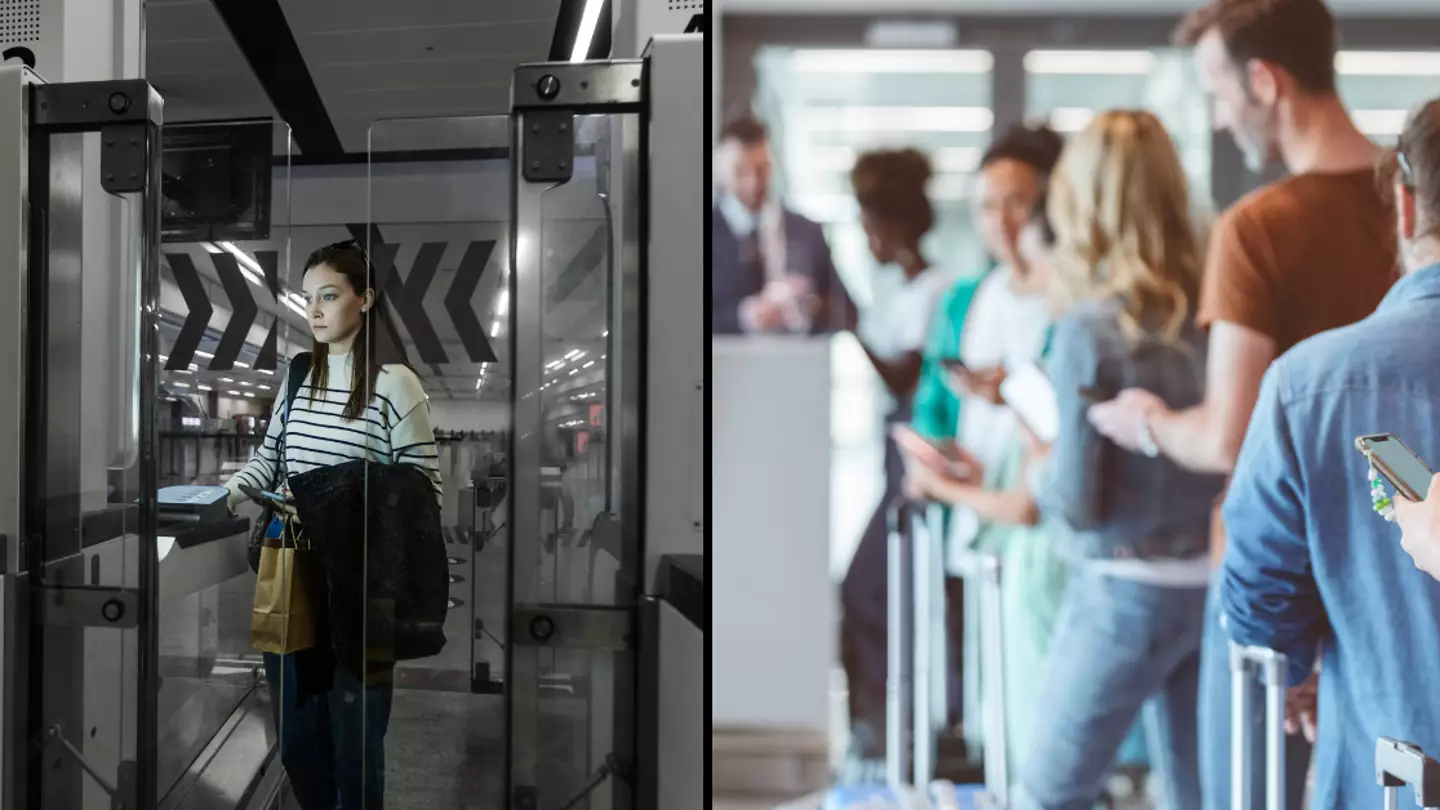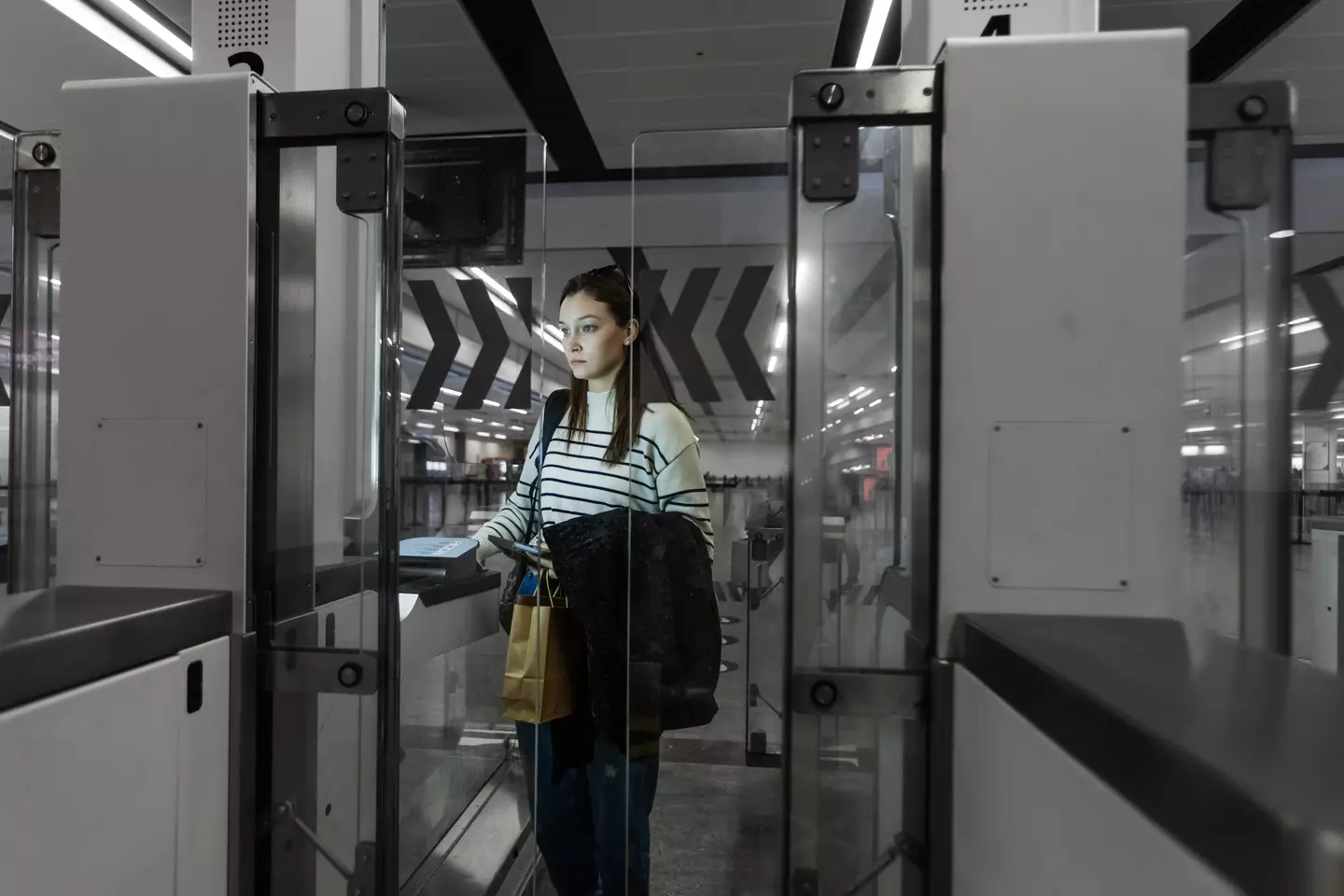
UK residents heading in to Europe will soon 'face serious delays' as the European Union gears up to introduce a revolutionary new travel system across the continent.
The EU is now just months away from bringing in its state of the art Entry/Exit System (EES) which will change how every Brit heads in and out of the vast majority of Europe.
And according to some of the UK's leading politicians, it's going to leave Brits with a right old headache when it comes to going on their usual holidays abroad to the likes of Spain and France.
What's happening?
As we all know, the UK left the EU back in 2016 after voting in favour of Brexit.
It means the country is now treated the same as every other country around the world when it come to entering any of the EU's 27 nation states.
Advert
That's Austria, Belgium, Czechia, Croatia, Denmark, Estonia, Finland, France, Germany, Greece, Hungary, Iceland, Italy, Latvia, Lithuania, Liechtenstein, Luxembourg, Malta, Norway, the Netherlands, Poland, Portugal, Slovakia, Slovenia, Spain, Sweden and Switzerland.
These countries form what is known as the Schengen Area, where they have all signed up to the principal of freedom of movement between each other. The UK was also part of this pre-Brexit.

The EU Entry/Exit System (EES)
The EES is set to be introduced in October 2024, with 6 October mooted as the date in question.
Advert
It'll see the EU ditch traditional passport checks, which includes the stamping of your passport, in favour of hi-tech border control.
Under the EES, Brits will have their fingerprints and faces scanned before entering any of the 27 countries in the EU's Schengen Area.
The main purpose of this is to stop you from overstaying your legal welcome in the EU; something calle the Schengen 90/180-Day Rule.
Under this rule, people who aren't citizens of an EU country can stay for up to 90 days within any 180 days - but not a day longer.
Break this rule and you could find yourself banned from the entire EU for a period of up to three years.
Advert

UK concern over 'serious delays'
Before Parliament was dissolved for the current 2024 general election, concerns were raised in the House of Lords over the impact the EES will have on Brits.
In May, the Justice and Home Affairs Committee of the House of Lords called for the system to be delayed until an EES smartphone app had been created to let passengers pre-register ahead of travelling.
In a letter to the government, committee chair, Lord Foster of Bath, said: "In the absence of a smartphone application to capture in advance information required for the EES (including facial image), we believe there is a significant chance of serious delays for passengers."
Advert
And Anton Radchenko, CEO of flight compensation firm AirAdvisor, also raised concern over the technology used to carry out these biological checks - known as eGates - being prone to outages.

He says: “eGates are notoriously prone to outages, you only need to look back to 8 May when passengers arriving at major airports including Heathrow, Gatwick, Manchester and Edinburgh were affected by huge delays due to eGates failing.
“A nationwide system network issue persisted for more than four hours, with some passengers speaking of spending longer in queues at arrivals than they did on their flight.
“While the new plans are designed to offer ‘frictionless’ travel, if the roll-out of the technology isn’t flawless, passengers could face chaos at UK borders when systems go down.
Advert
“When this technology fails, you need human border staff on hand to process passengers manually, airports will need to be conscious of this - and won’t solely be able to rely on the new technology. There are currently around 270 eGates in place at UK airports and railway stations which will need to be upgraded to accommodate the new technology.”
Topics: Europe, Brexit, UK News, Travel, Technology